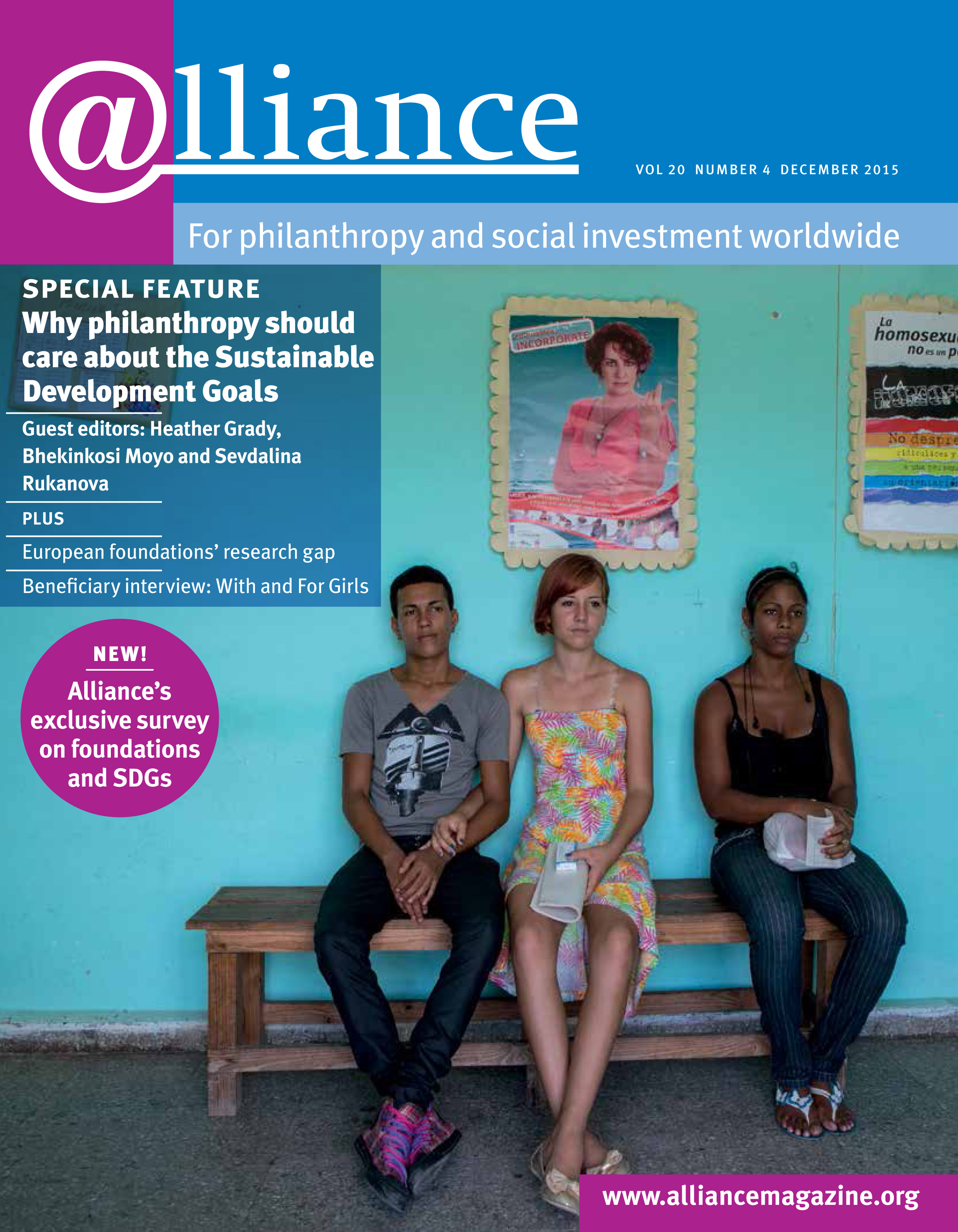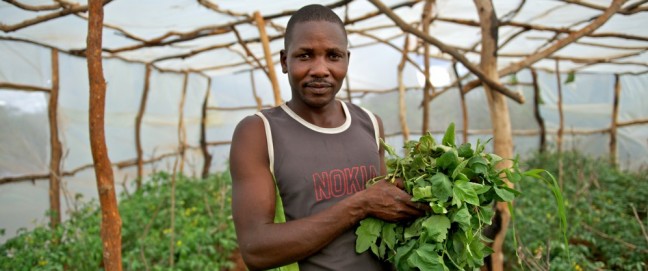The evolving interaction between foundations and government in the Netherlands could either excite people in the foundation community or worry them.
The Dutch government signed a landmark agreement with foundations, called ‘Space for Private Giving’, in 2011 – informally called the covenant. The covenant implies that the government and foundations have regular consultations with each other and may decide to work together. The government agreed to respect the independence of foundations, meaning it cannot oblige foundations to join its agenda and will not chase foundations’ money.
The covenant’s most important trade-off is that in return for being involved and consulted on any new policy relevant to the philanthropic sector, foundations are making progress with respect to their own transparency. The underlying promise by government is that new laws and regulations will be designed to enable foundations to function to their full potential.
The covenant, a long-term agreement, also promotes community foundations in the Netherlands and the introduction of new financial models for philanthropy, such as social impact bonds, and the willingness to work together on areas of substance and policy, including the Sustainable Development Goals.
I have always felt a sense of frustration looking at the role foundations, particularly European foundations, played with respect to the Millennium Development Goals. To exaggerate slightly: we were never brought in when the parameters for the formulation of the MDGs were designed. We were approached five minutes before midnight with a funding challenge and were looked upon as sophisticated ATM machines.
‘Our preference should be to concentrate where we have clearly something to offer: innovative partnerships and innovative solutions to further the development agenda.’
With respect to the SDGs, the situation is not much better. Again we have to admit that, short of a few mainly US-based foundations, the philanthropy community has not been actively involved so far in the formulation of the Post-2015 Development Agenda, either because other partners did not see the added value of foundations or because we were possibly not alert enough.
At the same time, our preference should be to concentrate where we have clearly something to offer: innovative partnerships and innovative solutions to further the development agenda.
In the Netherlands, in 2013, the Dutch prime minister and ministers helped further this strategic partnership when they met with philanthropists and the Dutch Association of Foundations. As a result of the meeting, foundations will be invited to the discussions regarding the implementation of the SDGs; and philanthropy will be part of the Dutch government’s trade missions.
Two other developments fit nicely together for the foundation sector to play this role with respect to the Post-2015 Development Agenda:
- In September 2014, companies, civil society, government and cross-sector partnerships signed a charter defining their roles. The signatories of the charter – about 60 Dutch organizations – are committed to developing practical responses for the implementation of the Post-2015 Development Agenda during 2016.
- Early this year, the Dutch government and some foundations set up a platform called Major Alliance Netherlands (MAN) to effectively deal with the major challenges of society by defining projects where public and private parties could work together.
An example of initiatives that may demonstrate the strength of the cooperation relates to the sharp escalation in the number of refugees. The partners are planning together for the emergency influx as well as for long-term integration, employment and education programmes. Initiated by MAN, the central Dutch government will be aligned to this partnership.
The closer cooperation on the Post-2015 Agenda may reflect foundations’ desire to address more global issues and enhance their effectiveness. It also reflects the political climate in the Netherlands: mainstream political parties are moving to the margins while other smaller parties become centre stage. It is difficult for any government to come up with coherent, timely and effective solutions to complex questions.
Any partnership involving foundations should, of course, be based on the unique features of foundations: their independence and their ability to take risk and incubate new solutions.
Rien van Gendt is chair of the Dutch Association of Foundations. Email rienvangendt@gmail.com
For more discussion on the SDG debate, listen to our Alliance Audio podcast.








Comments (0)